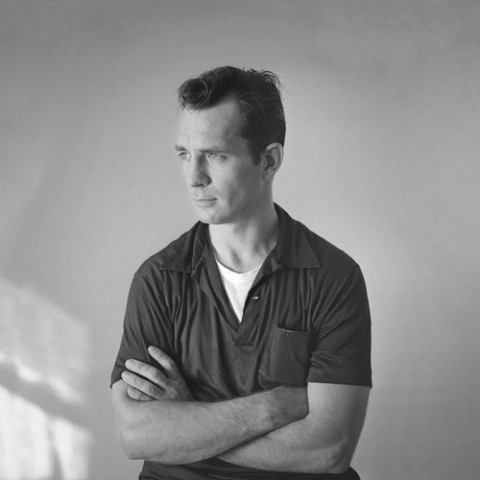In 1948, Jack Kerouac first started talking about a “Beat Generation,” by which he meant a “swinging group of new American men intent on joy.” Ten years later, the term, now commonplace in America’s lexicon, was getting co-opted by the mainstream media, and not for the better. “Beat” had become a shorthand for “crime, delinquency, immorality, amorality” and more. In 1958, Kerouac delivered a speech at Hunter College where he tried to restore the true principles of the beat movement and sweep aside the fabricated misconceptions. You can listen to a 7 minute excerpt of that speech below, or hear the full speech here:
The next year, Playboy explicitly asked Kerouac to elaborate on the Hunter College speech. He agreed and gave them “The Origins of the Beat Generation,” which, too, you can read online: Page 1 — Page 2 — Page 3 — Page 4.
By ’59, Allen Ginsberg, the poet laureate of the Beats, knew there was little use in trying to reappropriate the term from the magazines and marketers. When asked to define the word, he effectively refused to play the game. But famed anthropologist Margaret Mead, a more neutral outside observer, was willing to take a shot. Listen below, or hear a slightly longer audio clip here:
Related Content:
Pull My Daisy: 1959 Beatnik Film Stars Jack Kerouac and Allen Ginsberg
Hear the Very First Recording of Allen Ginsberg Reading His Epic Poem “Howl” (1956)
Jack Kerouac Reads from On the Road (1959)
“Expansive Poetics” by Allen Ginsberg: A Free Course from 1981



This was great. Be sure to listen to both, although the second audio clip, with Ginsberg and Margaret Mead, is truncated. In the review of my books I get called sometimes a beat and a beatnik even. The second term was popularized by San Francisco newspaper columnist Herb Caen, and is a spin off of sputnik.